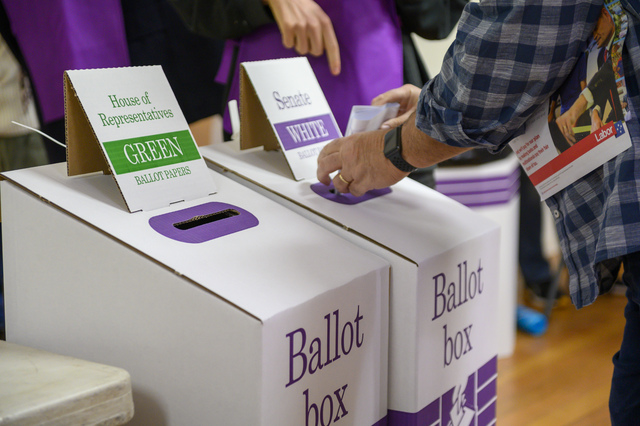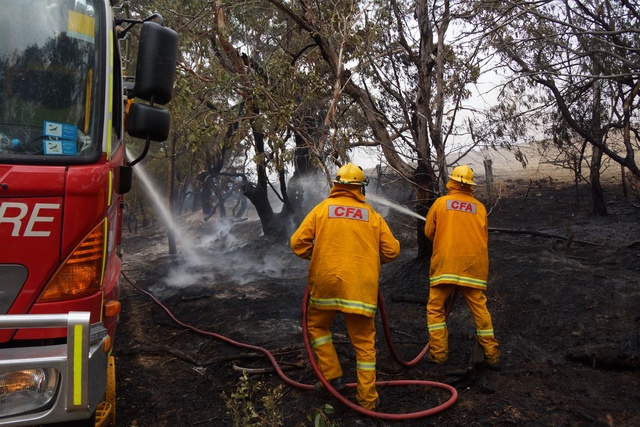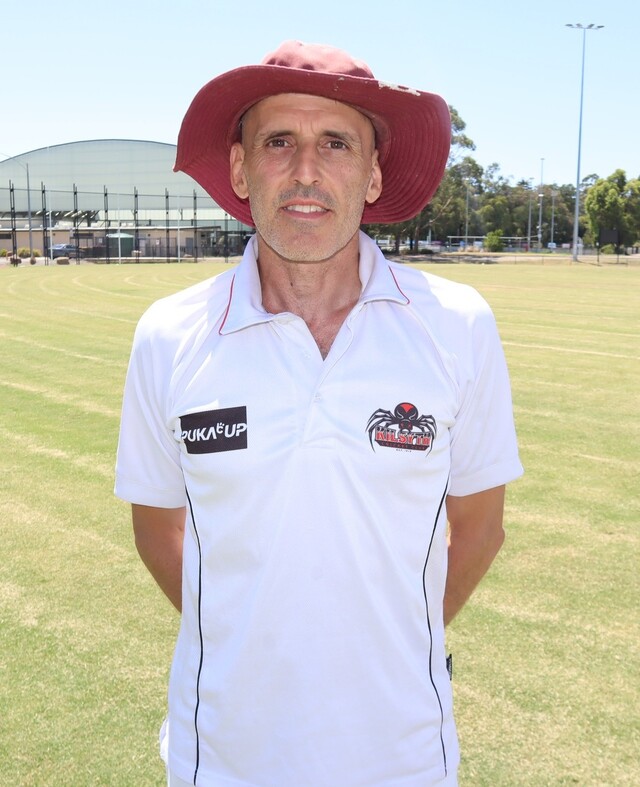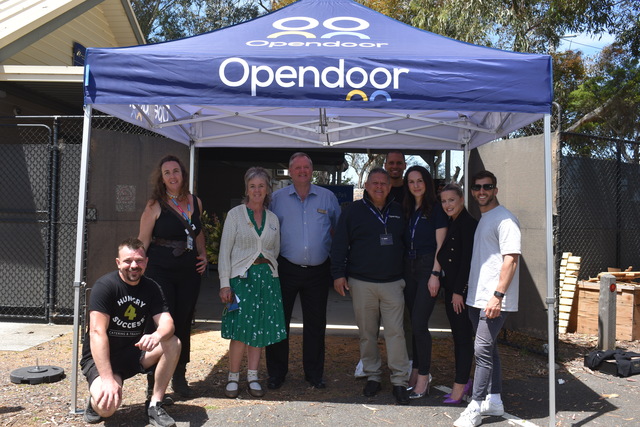The influence of younger voters at this election may not only be seen at the ballot box but has already shifted the way campaigns are run, according to Monash University’s head-of-politics.
Political expert Dr Zareh Ghazarian said the growing use of non-traditional media in campaigns is a sign of the gradual demographic change, where social media would have once been seen “as a bit of a novelty”.
“The generational shift is obviously the significant thing that’s happening in Australian politics, and it’s going to play out at this general election,” he said.
“We’ve already started to see shifts occur over successive elections, in particular with how the major parties and all candidates really have been campaigning.
“Certainly the use of social media, the use of online platforms, the use of technology through targeted strategic messages, has been the feature of this election, and it does reflect not just a change in the demographic and the voting age population, but also changes in developments in technology.”
Leaders appearing on podcasts and designing strategic social media outputs has evolved into the norm for 2025 because these platforms form “part of everyone’s daily routine”.
Previously this would have been classed as a tactic, “taking them out of their comfort zone in the pursuit of votes”, Dr Ghazarian said.
But as Millennials and Gen Z voters overtake as the dominant voting bloc, comprising 47 per cent of eligible voters, Dr Ghazarian said the diversion from major political party candidates is “really hitting hard in the House of Representatives contest”.
This trend first appeared in the Senate some 40 odd years ago but overtime has diverged into the lower house as well.
“We’re seeing voters open and having an appetite for voting for non major party candidates, and often these candidates are attracting support because they have a very specific policy agenda which they are advancing,” he said.
Dr Ghazarian said research on “what motivates young voters to vote the way they do” shows that it is not linear, that “young voters are not a homogenous bloc”.
“They have different reasons about their voting choices. So there are young people, for example, who will pay very little attention. They have very little time for politics, and will cast their vote, sometimes essentially making a speedy choice.
“But then there are those first time voters who will spend a lot of time looking at what policies are on offer, what values are afflicted by the candidates, and make their voting choice accordingly.”
Released in early April, Monash University’s Centre for Youth Policy and Education Practice (CYPEP) in partnership with The Y and Redbridge Group conducted a study exploring the top five issues for young voters.
Titled 2025 Federal Election: Insights from the Australian Youth Barometer, the report found that housing affordability ranked number one, followed by employment and finances; climate change; inequality and discrimination; and lastly health and mental health.
“These striking findings should raise alarm bells demanding urgent policy responses in this year’s election,” lead author of the report, Professor Lucas Walsh, said.
“This election is the first where Gen Z and Millennials outnumber older generations in every state and territory.
“Their needs reflect many key concerns of Australians in general, but these Australians are inheriting not only the weight of greater voting influence, but also disproportionate challenges related to affordable accommodation, work and climate change.”
Dr Ghazarian said with “so much emphasis placed on cost of living” he believes “it’s possibly even eclipsed climate change as the top order issue”.
“(Cost of living) has been a hallmark or a characteristic of this campaign, and that’s tied very closely to things such as housing affordability, housing availability, the general state of the economy and how young people in particular are going to be, firstly, buying a house or renting, and how they’re going to be able to afford those mortgage repayments or rent payments into the future.
“So these have been at the forefront of the political debate, and we’ve seen how the parties have responded, the major parties, in particular, as well as other parties, have really been talking about cost of living, housing affordability and housing availability.”
No matter which side of the political spectrum people sit, Dr Ghazarian said “it’s a great power that we have in Australia to vote”.
“It’s really important we consider the different options, the different choices, the different policies, the different promises that have been made to us as voters.
“Ultimately, the decisions we make will have an impact on who forms government and the sorts of policies and laws which they make. So voting is beyond an important matter.”
Engage in all available resources is Dr Ghazarian’s advice, whether in print, online, in person with the candidates themselves or familiarising yourself with the Australian Electoral Commission’s resources as well.
“They are very important. They provide guidance on how to vote, explanations about how votes are counted. So it’s really important to build that confidence when people go to vote, that they can take it and cast a valid vote with confidence.”







